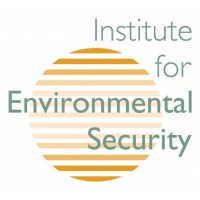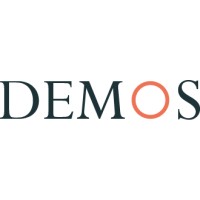
Institute for Environmental Security
The Institute for Environmental Security (IES) is an international non-profit non-governmental organisation established in 2002 in The Hague, in order to increase political attention to environmental security as a means to help safeguard essential conditions for peace and sustainable development. The Institute's mission is: "To advance global environmental security by promoting the maintenance of the regenerative capacity of life-supporting eco-systems."






